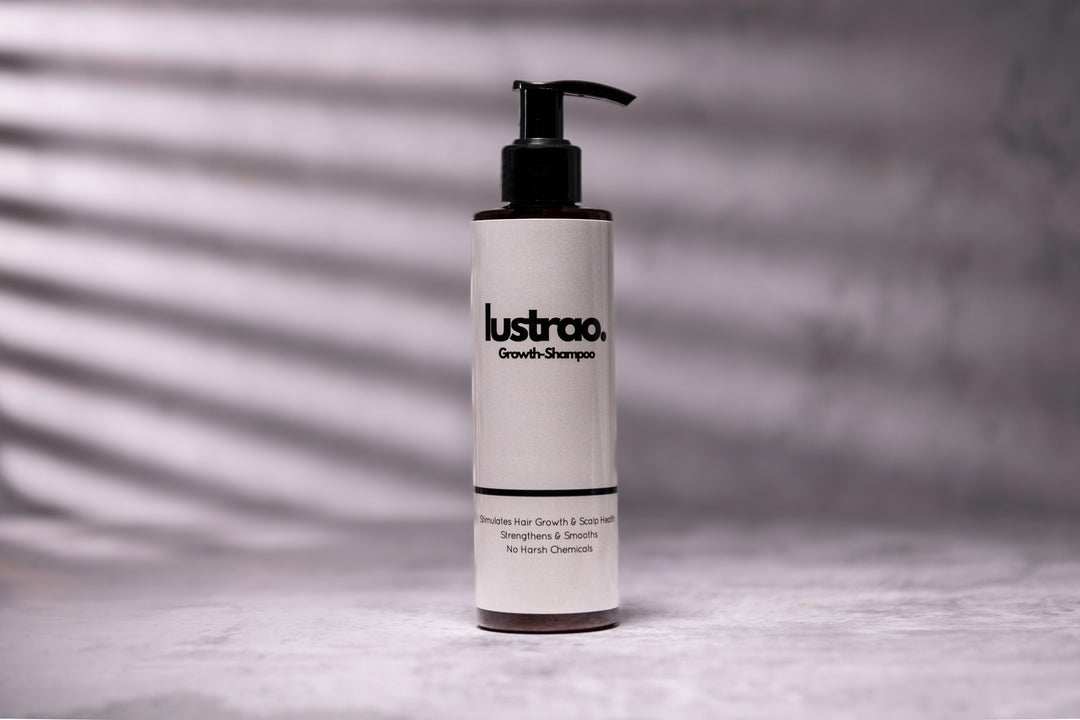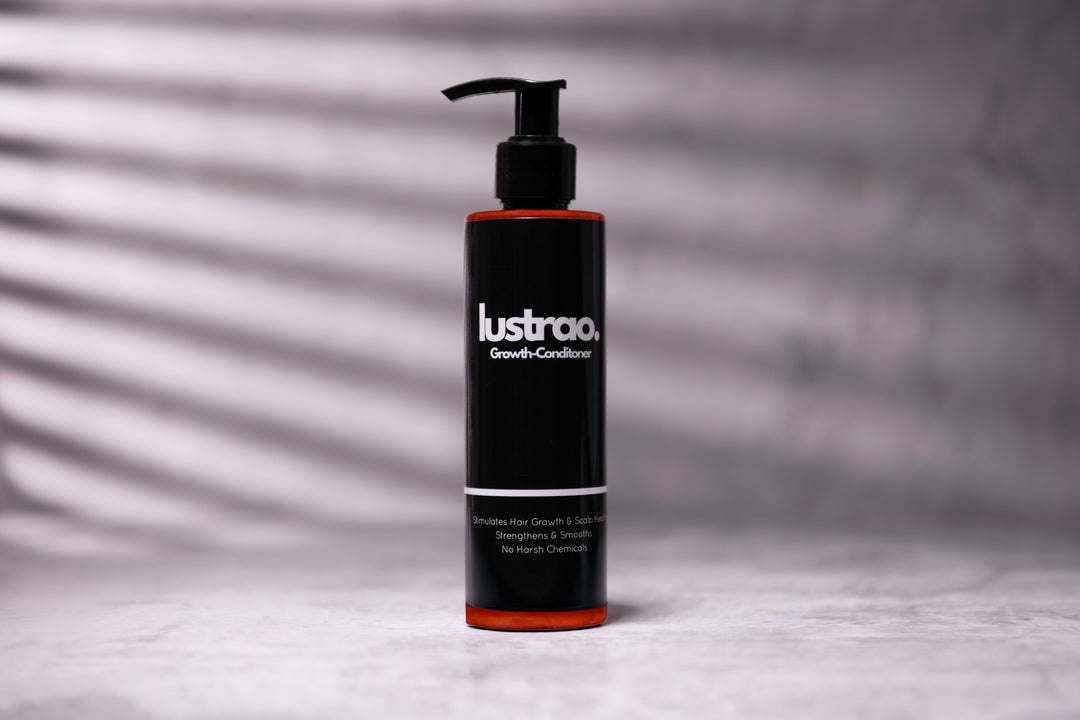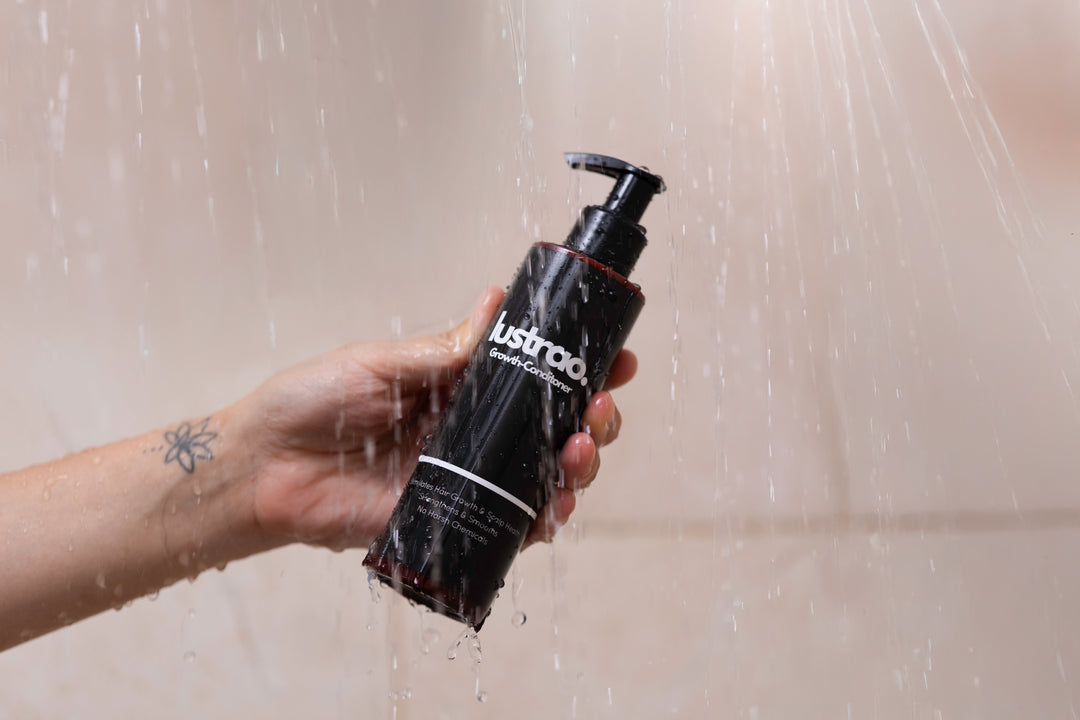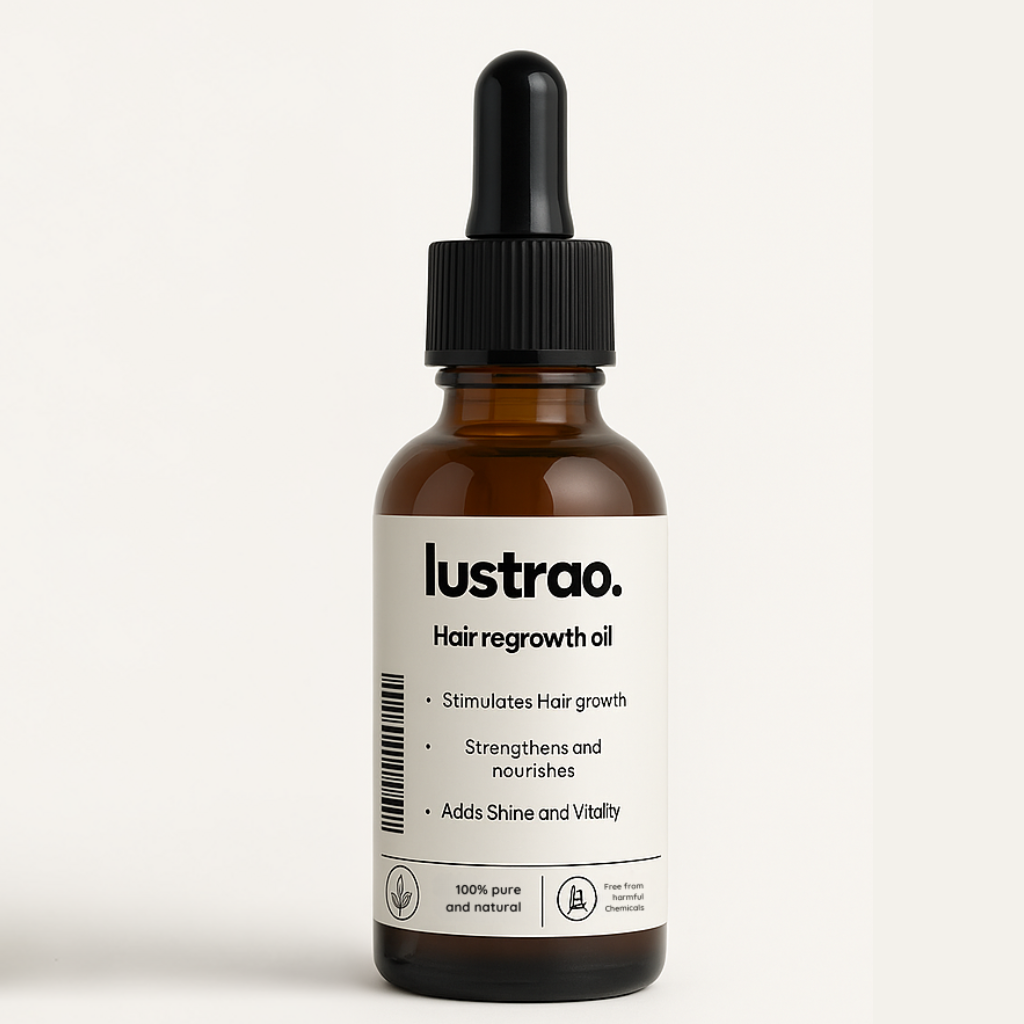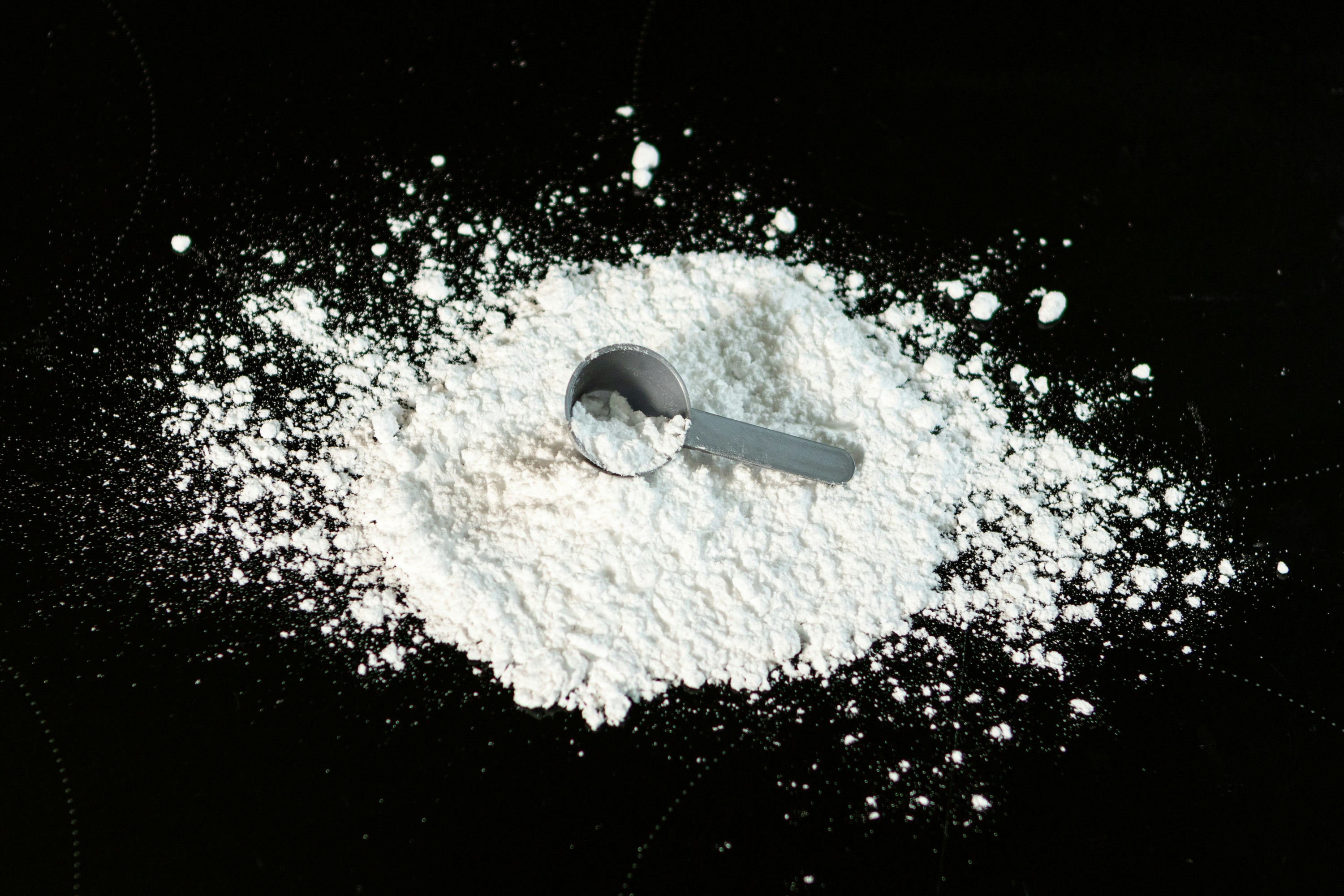
Does Creatine Cause Hair Loss? Separating Myth from Reality
Creatine is one of the most popular and extensively researched supplements in the fitness industry. Known for its ability to enhance muscle strength, increase athletic performance, and support muscle growth, creatine is a staple in many athletes’ and bodybuilders’ routines. However, despite its benefits, there has been ongoing debate and concern over whether creatine supplementation could lead to hair loss.
In this article, we will explore the evidence behind this claim, examine scientific studies, and provide expert opinions to determine whether creatine is truly a culprit for hair loss. Additionally, we'll offer a FAQ section to address common concerns and provide actionable tips for those considering or currently using creatine.
What Is Creatine?
Creatine is a naturally occurring compound found in muscle cells, where it helps produce energy during high-intensity exercise or heavy lifting. The body produces creatine from the amino acids glycine, arginine, and methionine, and it can also be obtained through dietary sources such as red meat and fish.When taken as a supplement, creatine increases the body’s stores of phosphocreatine, which can be used to produce more adenosine triphosphate (ATP)—the primary energy currency of the cell. This process is especially beneficial during short bursts of intense activity, such as sprinting or weightlifting.
The Hair Loss Claim: Where Did It Originate?
The concern about creatine causing hair loss primarily stems from a single study conducted in 2009 by South African researchers. The study involved a small group of male rugby players who took creatine supplements over a three-week period. The researchers observed that participants experienced an increase in dihydrotestosterone (DHT) levels by about 40%.DHT is a hormone derived from testosterone, and it’s known to play a significant role in androgenetic alopecia (male pattern baldness). Higher levels of DHT can cause hair follicles to shrink, leading to thinner hair and eventually hair loss in genetically predisposed individuals. This connection led to widespread speculation that creatine might accelerate hair loss by increasing DHT levels.
Examining the Evidence: What Do Experts Say?
While the 2009 study raised concerns, it’s important to note that the research had several limitations:- Small Sample Size: The study only included a small group of participants, which makes it difficult to generalize the results to the broader population.
- Short Duration: The study was conducted over just three weeks, which doesn’t provide insight into the long-term effects of creatine supplementation on DHT levels or hair health.
- Lack of Direct Evidence: While an increase in DHT was observed, the study did not directly link creatine supplementation to hair loss. The participants’ hair density or hair loss was not measured, so no direct correlation between creatine and hair loss was established.
Understanding DHT and Hair Loss
It's essential to understand that DHT is a natural hormone present in both men and women. While it can contribute to hair loss in those who are genetically predisposed, DHT alone is not the sole cause of hair thinning or baldness. Other factors, such as genetics, age, and overall health, play significant roles in determining whether an individual will experience hair loss.For individuals concerned about DHT and its potential effects on hair health, there are treatments available, such as DHT-blocking shampoos and medications like finasteride, which can help reduce DHT levels and slow down hair loss.
Should You Avoid Creatine If You’re Worried About Hair Loss?
If you are genetically predisposed to hair loss or are already experiencing thinning hair, it’s understandable to be cautious about anything that might exacerbate the issue. However, based on the current evidence, creatine supplementation alone is unlikely to be a significant factor in hair loss.If you’re concerned, here are some steps you can take:
- Consult with a Healthcare Professional: Before starting any supplement, it’s always a good idea to consult with a doctor or dermatologist, especially if you have a family history of hair loss.
- Monitor Your Hair Health: If you decide to use creatine, pay attention to any changes in your hair density or shedding patterns. If you notice an increase in hair loss, it may be worth reconsidering your supplement routine.
- Consider Alternatives: If you’re particularly concerned about the potential for increased DHT levels, you could explore alternative supplements or dietary strategies to support your fitness goals.
Natural Solutions for Hair Health
While the link between creatine and hair loss is still uncertain, some people may prefer to err on the side of caution and seek out natural solutions to support hair health. Ingredients like biotin, saw palmetto, and certain essential oils, such as peppermint oil and rosemary oil, have been studied for their potential benefits in promoting hair growth and maintaining healthy hair.If you’re looking for a natural solution to support hair growth, consider trying Lustrao Hair Regrowth Oil. This product combines natural ingredients known for their beneficial effects on hair health, providing a holistic approach to maintaining strong and healthy hair.
FAQs About Creatine and Hair Loss
1. Can creatine directly cause hair loss?
- Currently, there is no conclusive evidence that creatine directly causes hair loss. While a single study suggested that creatine might increase DHT levels, there is no direct link established between creatine use and hair loss.2. Does creatine increase DHT levels?
- The 2009 study indicated a potential increase in DHT levels with creatine supplementation, but the results were limited and require further research. DHT is a hormone associated with hair loss in genetically predisposed individuals.3. Is it safe to use creatine if I have a family history of baldness?
- If you have a family history of baldness or are concerned about hair loss, it's advisable to consult with a healthcare professional before starting creatine supplementation.4. Are there any long-term studies on creatine and hair loss?
- As of now, there are no long-term studies that definitively link creatine supplementation to hair loss. More research is needed to understand the long-term effects.5. Can natural supplements help prevent hair loss?
- Yes, natural supplements and ingredients like biotin, saw palmetto, and essential oils may support hair health and potentially help in preventing hair loss.6. What other factors contribute to hair loss?
- Genetics, age, hormonal changes, stress, diet, and overall health are significant factors that contribute to hair loss.While creatine remains one of the most effective and widely used supplements for improving athletic performance, the claim that it causes hair loss is not strongly supported by scientific evidence. The association between creatine and increased DHT levels is based on limited research, and more studies are needed to draw definitive conclusions.
If you are concerned about hair loss, it’s essential to consider all factors, including genetics, lifestyle, and overall health. Always consult with a healthcare professional before making changes to your supplement routine. If you prefer a natural approach to maintaining hair health, products like Lustrao Hair Regrowth Oil offer a promising alternative.
Share


